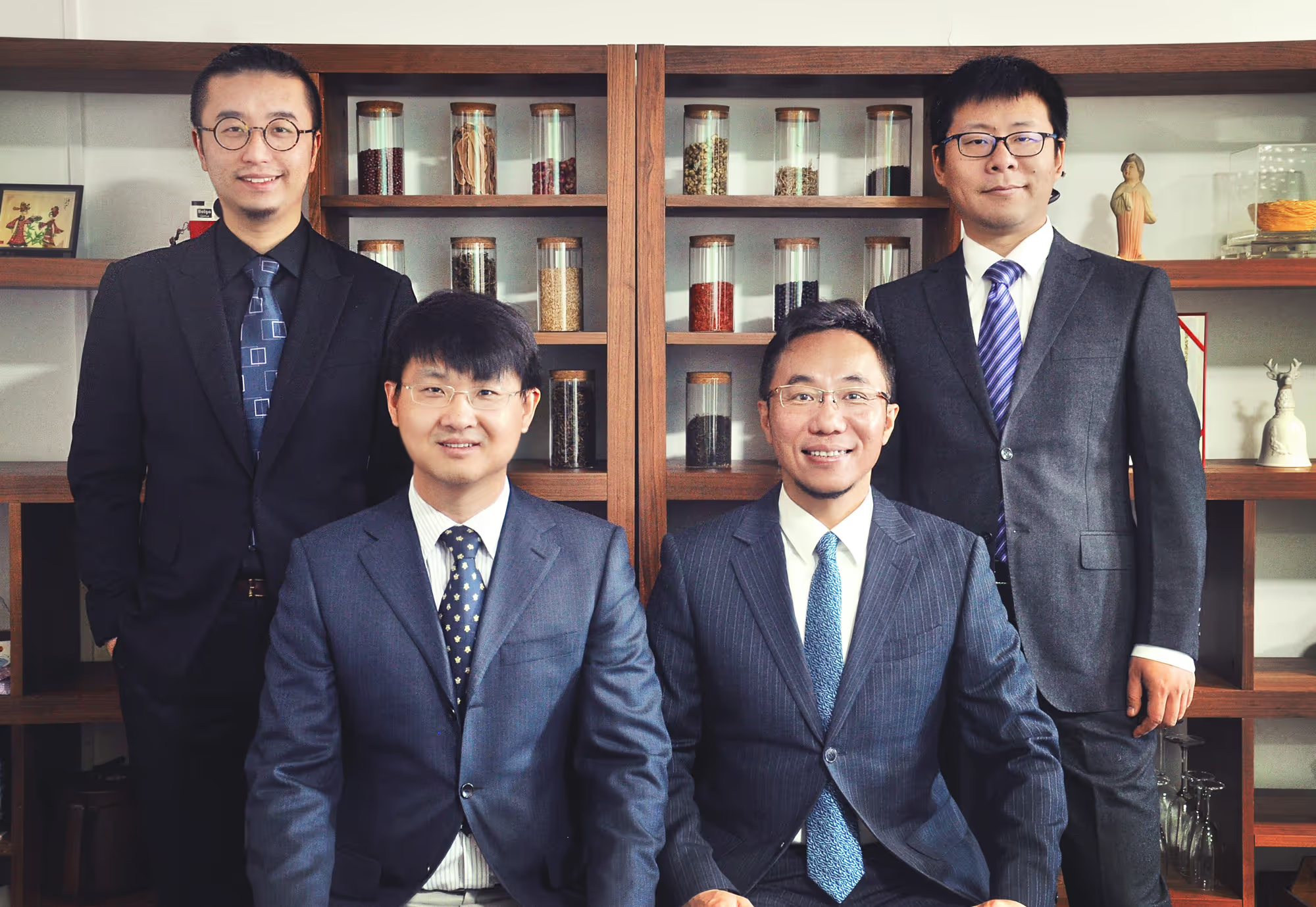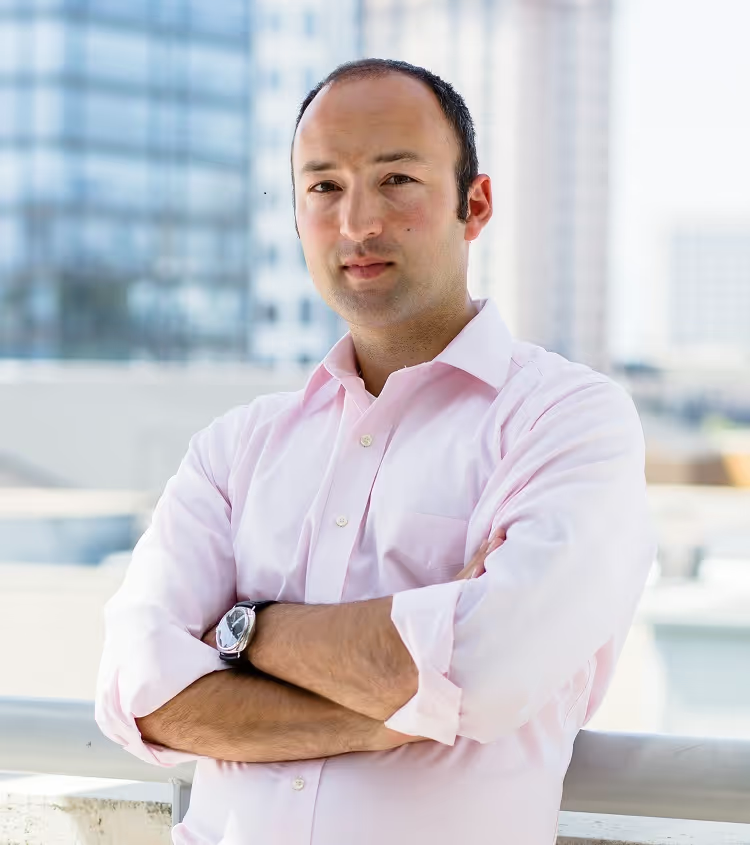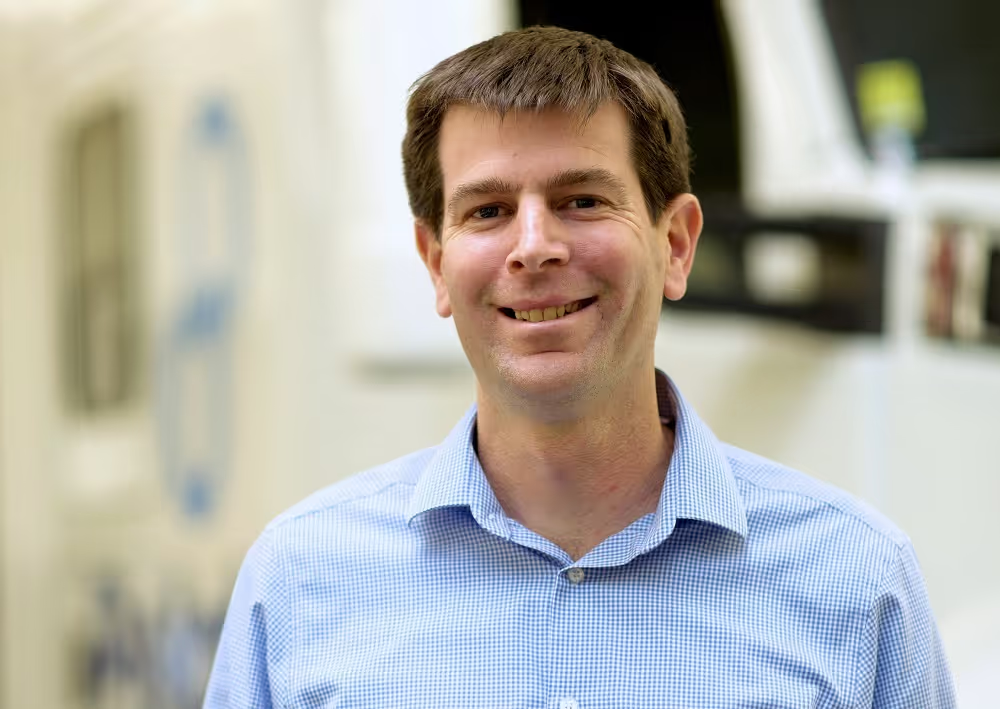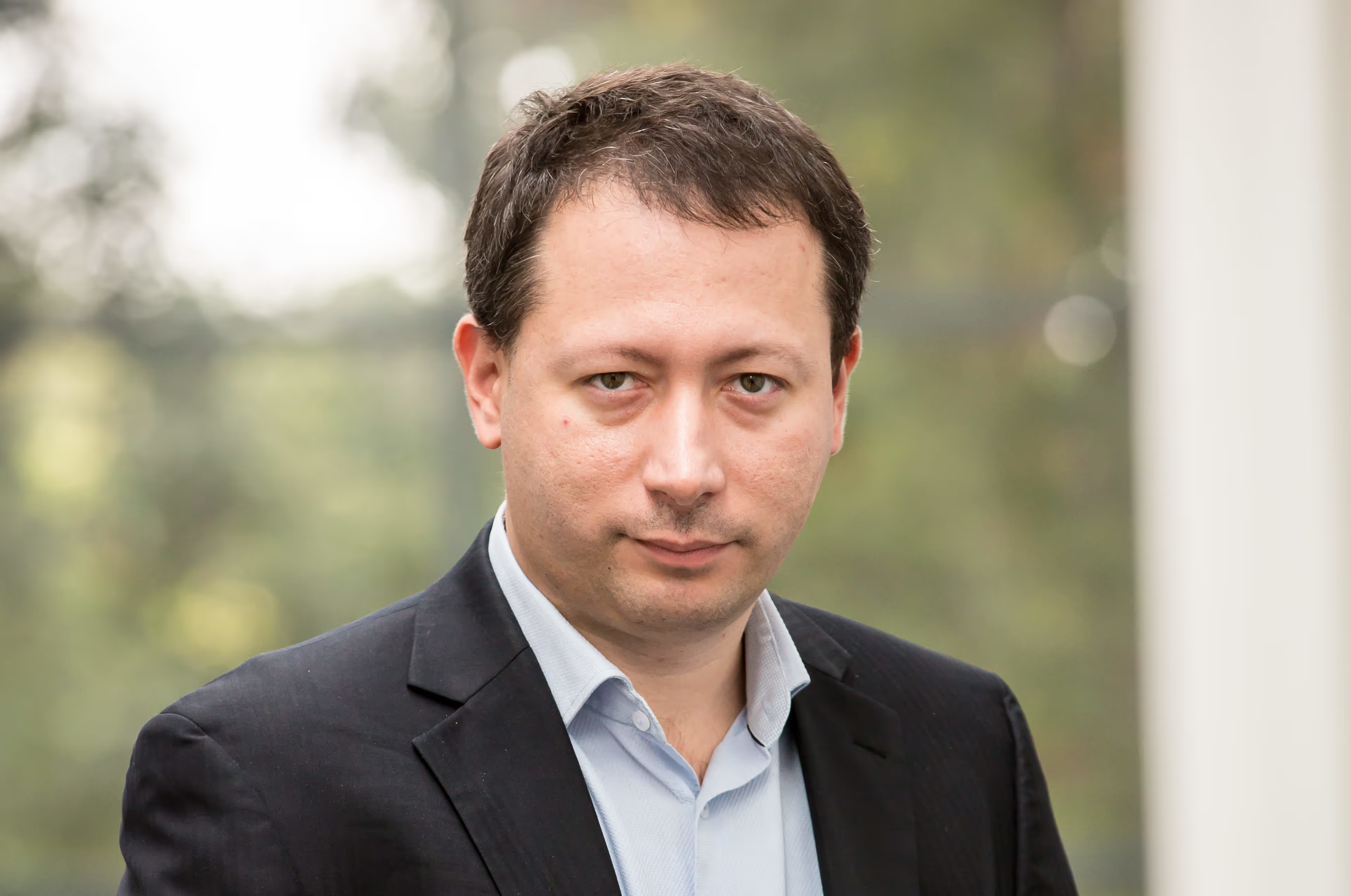Listen now
Liu Xinyue, CEO of Xiaolu Clinic, graduated from China Pharmaceuticals University, where he majored in pharmaceutical analysis. Since then, he has worked in world-renowned pharmaceutical companies such as TSKF, GSK, and Pfizer. In 2014, he saw significant potential in the field of mobile medicine and decided to move from a traditional pharmaceutical company to Haodf.com, an online mobile medical platform provider.
An October 2015 meeting with Zhang Zuo, who later became a co-founder of Xiaolu Clinic, changed Xinyue's life. Xinyue and Zuo discussed the mismatch between doctors and patients in China. They concluded that doctors in traditional Chinese medicine were scarce and mostly concentrated in top-tier hospitals in urban Chinese cities, patients in remote areas were faced with the challenge of finding a good doctor. Xinyue realized that he could facilitate access to consultations with the best traditional medicine doctors, where ever they were, using technology. Zuo and Xinyue decided to start a company that brought better medical care to patients who preferred traditional Chinese medicine over western medicine using mobile.
Next steps for traditional Chinese medicine
On January 4, 2016, Xiaolu Clinic was established. Xiaolu, which means “deer” in Chinese, is a traditional and precious medicinal animal in China. In the Han dynasty, the saying, ”the body of a deer is hundreds of treasures,” referred to a panacea. The deer is also a kind, friendly, and energetic animal.
Today, Xiaolu Clinic is the first online platform for traditional Chinese medicine approved by the Chinese government. It is committed to building a new health management model for traditional Chinese medicine, focusing on re-consultation services. Xiaolu Clinic already has millions of patients on its platform, and more than 20,000 registered doctors.
Xiaolu Clinic is the first online platform for traditional Chinese medicine approved by the Chinese government.
Finding the right path
Shortly after the company was founded, it launched its first platform by acquiring users through sponsored search. Using the Sogou search engine, the company would recommend high-quality traditional Chinese medicine doctors at top-tier hospitals for patients, facilitating offline medical treatment initially, and then online re-consultation through their app. However, the conversion rate was low and unsustainable. They gave up this model after only a month of operation.
The company tried another business model — B2B and offered onsite services to large corporations. Xiaolu Clinic invited high-quality doctors to provide free medical services to company employees and relied on the internet platform to prescribe medicines. Visits received good responses, but the operating costs were too high and the replicability was poor.
Once it became clear that these previous business models were flawed, Xinyue immediately ceased operations and changed direction. He embarked on a program to communicate with doctors and perform a large number of field investigations. This resulted in Xiaolu Clinic's current offering to users. After an initial diagnosis in real-world hospitals with their own doctors, patient now have the ability to adjust medicines and receive reexaminations through the online platform. This saves users' time, energy, and expense. The approach became an instant hit, gaining popularity amongst doctors and patients.
LX: It is crucial that we trust each other as a team, fully communicate, and actively listen. that is the only way you can do strategy pivots fast and successfully. It is normal to have different opinions, but once there are differences, it is necessary to discuss them openly and listen to others' opinions in an inclusive manner. And the final decision needs to be made, not based on who is in a higher position, but based on the market. By using facts and data to make decisions, we can be truly pragmatic.
“It is crucial that we trust each other as a team, fully communicate, and actively listen.”

Next steps for Xiaolu Clinic
Xiaolu Clinic has embarked on a clear development plan. First, establish a complete closed loop-ecosystem and build exclusive medical centers for online doctors practicing traditional Chinese medicine. Second, match patients with doctors. To achieve this, they use big data based on real cases that can be quantified and analyzed to make recommendations for each match. The platform then enables users to be paired with a suitable doctor by performing informed matching between doctors and patients. Finally, AI assists with diagnosis and treatment by conducting deep dives into data to generate the best treatment plan for patients.
Nearly 60% of traditional medicine physicians are in China, and just above 40% are based in other countries around the world, including Southeast Asia, North America, and Europe. Looking ahead at the needs of the global market, Xiaolu Clinic is preparing to replicate its business model abroad after building up a mature traditional Chinese medicine system for China.
Nearly 60% of traditional medicine physicians are in China, and just above 40% are based in other countries around the world, including Southeast Asia, North America, and Europe.
The team at Xiaolu Clinic is also working with the World Health Organization (WHO) to include traditional Chinese medicine as a category of Advanced Science. The World Health Assembly of WHO will launch its 11th edition of the Global Medical Outline, also recognized as the International Classification of Disease and Related Health Problems (ICD). The ICD impacts how doctors diagnose, how insurance companies determine coverage, how epidemiologists conduct research, and how health officials interpret statistics like death rates. The 11th edition will be the first ICD to establish a chapter specifically dedicated to traditional Chinese medicine, which is an important step in expanding the scope of the practice.
Xinyue hopes that traditional Chinese medicine and western medicine will go hand-in-hand, becoming the mainstream treatment worldwide, serving all mankind.

.svg)





.svg)






